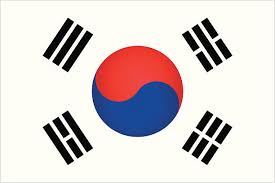Studying in South Korea offers a unique opportunity to experience a high-quality education system, vibrant culture, and excellent job prospects in a tech-driven economy.
The country's top universities like SNU, KAIST, and Yonsei University offer a wide range of programs and global opportunities for international students, making South Korea an attractive destination for higher education.High school diploma, proof of English proficiency , and sometimes a Korean language proficiency test.
Why Study in the South Korea?
Studying in South Korea offers access to high-quality education, with world-renowned universities and a diverse, inclusive environment.
- Good placement opportunities.
- Universities offer internationally recognized degrees, with a strong focus on research, innovation, and technology
- Known for its research output and academic excellence
The South Korea has over 400 universities and colleges nationwide.
Average living expense in the South Korea is KRW 1,200,000 to KRW 1,500,000
Average Placement for STEM: USD 29,500 to USD 42,000 (approx) & Non-STEM: USD 23,700 to USD 33,800 (approx) / annum
Average Fees USD 2,100 to USD 5,100 (approx) in public university and USD 3,400 to USD 6,800 in private university
personal support worker is 12 months
Students can work up to 40 hours per week (approximately 8 hours per day, 5 days a week)
Popular Courses
Nursing
Computer Science
Business Analytics
Robotics & Automation
Biotechnology
Automotive Engineering
Architecture
Film & Media Studies
Interior Architecture & Design
Social Work
Psychology
Top Universities
Seoul National University
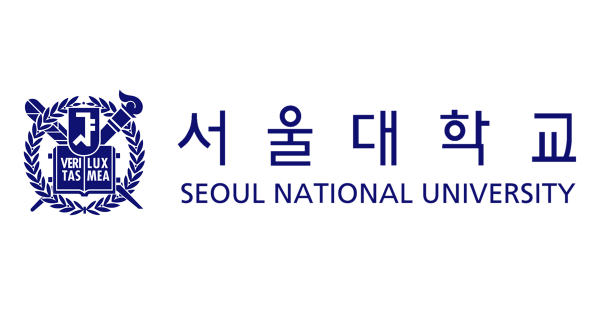
Global Rank
30
Acceptance Rate
15%
Popular For
Mathematical Sciences
Exams Accepted
IELTS , GPA , +4
Korea Advanced Institute of Science and Technology
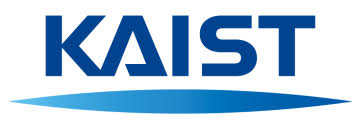
Global Rank
53
Acceptance Rate
15%
Popular For
Chemical Engineering
Exams Accepted
IELTS , TOEFL , +4
Pohang University of Science and Technology
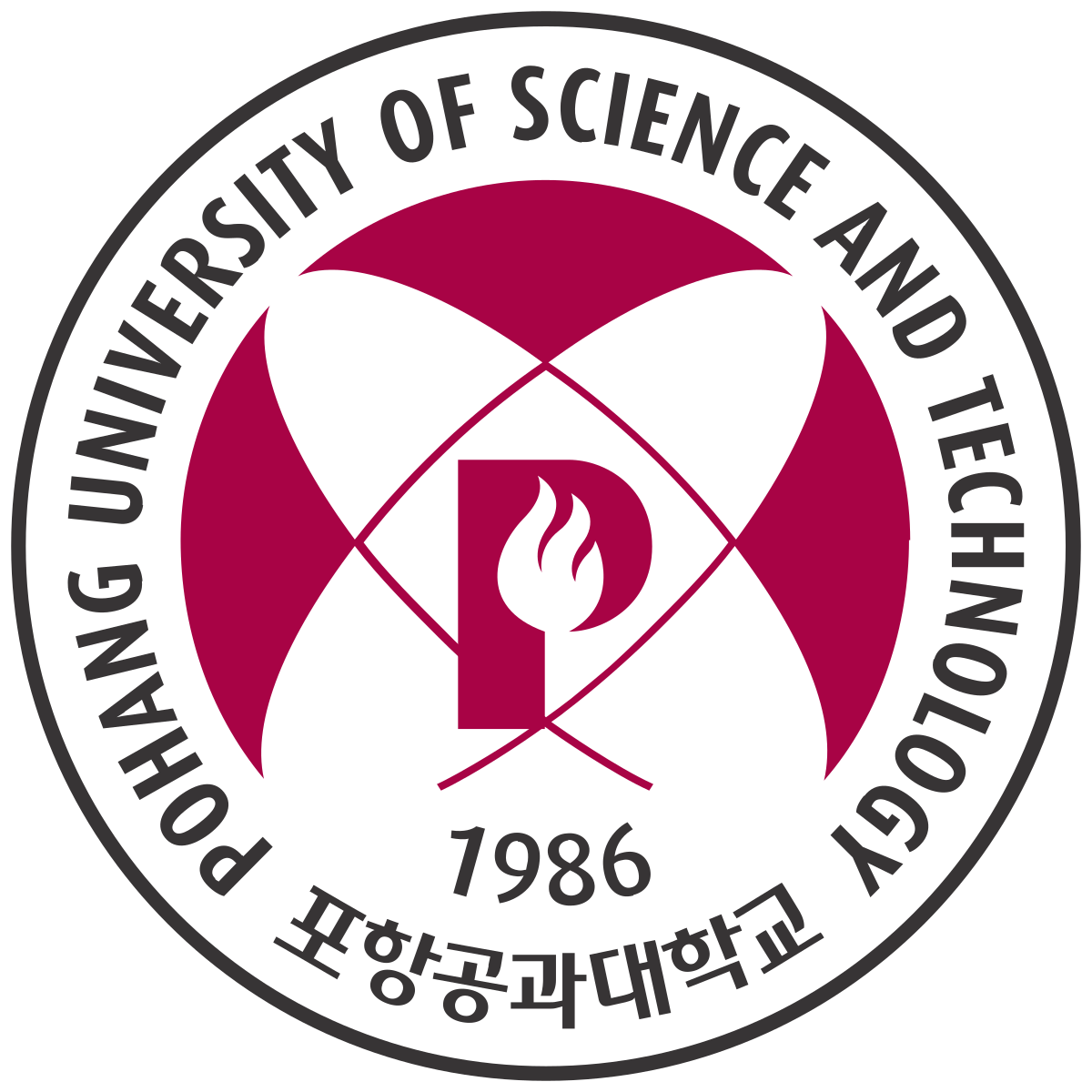
Global Rank
402
Acceptance Rate
10-15%
Popular For
Engineering, Physics
Exams Accepted
IELTS , TOEFL(iBT) , +4
Yonsei University
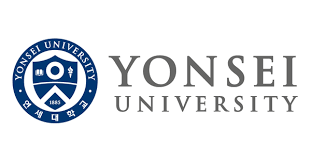
Global Rank
56
Acceptance Rate
18%
Popular For
Programming, Business
Exams Accepted
SAT , ACT , GPA +4
Sungkyunkwan University
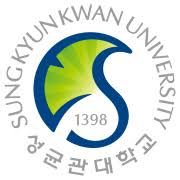
Global Rank
123
Acceptance Rate
23%
Popular For
Economics, Physics
Exams Accepted
TOPIK level 3 , TOEFL 530 , +4
Ewha Womans University

Global Rank
511
Acceptance Rate
34%
Popular For
Business Communication
Exams Accepted
IELTS , TOEFL , +4
Macquarie University

Global Rank
Not Ranked
Acceptance Rate
25-30%
Popular For
IT & Engineering
Exams Accepted
IELTS , TOEFL , +4
Griffith University

Global Rank
Not Ranked
Acceptance Rate
40-50%
Popular For
Fine Arts
Exams Accepted
IELTS , TOEFL , +4

Document Checklist
The Document Checklist for studying in the abroad includes all the necessary paperwork required for your university application, visa process, and travel. Ensuring you have all the required documents organized and ready is crucial for a smooth admission and visa process.
Passport
Curriculum Vitae(CV)
Transcripts
Police Clearance Certificate
IELTS
Health Insurance
Personal Statement
Proof of Funds
TOEFL
FAQs

1. Why should I study in South Korea?
Studying in South Korea offers a blend of high-quality education, cultural immersion, technological innovation, and career opportunities. Whether you’re interested in business, engineering, arts, or language and cultural studies, South Korean universities provide an environment that fosters academic excellence and personal growth.
2. Where to study in South Korea?
South Korea has many top-tier universities across the country, particularly in cities like Seoul, Daejeon, and Pohang, offering a variety of programs to suit different academic and professional interests. Whether you want to study STEM fields at KAIST, POSTECH, or SNU, or pursue business or humanities at universities like Yonsei, Korea University, or Ewha Womans University.
3. What are the popular courses in South Korea?
South Korea is known for offering a wide range of academic programs, particularly in fields where the country excels globally, such as technology, engineering, business, arts, and design.STEM fields, social sciences, or creative arts, South Korean universities provide excellent opportunities for academic growth and career development.
4. What are the minimum qualifications and requirements to study in South Korea?
Undergraduate: Completion of high school (12 years of schooling), proficiency in Korean (TOPIK Level 3 or above) or English (TOEFL/IELTS), and specific application documents. Postgraduate: Completion of a Bachelor’s or Master’s degree, proficiency in Korean (TOPIK Level 4 or above) or English (TOEFL/IELTS), and additional documents like a statement of purpose, recommendation letters, and research proposal (for PhD).
5. How Many Study Intakes are there in South Korea?
There are mainly 2 intakes to study in South Korea for international students. The primary intake at universities in South Korea is Spring Intake, while the other one is Fall intake. Each intake has specific application deadlines and requirements, so it's crucial to plan ahead and apply within the university's prescribed time frame..
6. How Much Do Universities Cost in South Korea?
Cost of studying in South Korea is relatively affordable compared to Western countries like the US, UK, or Australia. Tuition fees typically range from ₩2,000,000 to ₩7,000,000 per year for undergraduate programs, while graduate programs tend to be slightly more expensive.In addition to tuition, students should budget for living expenses, which can range from ₩800,000 to ₩1,500,000 per month.
















